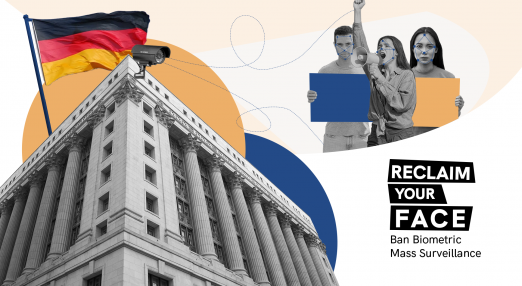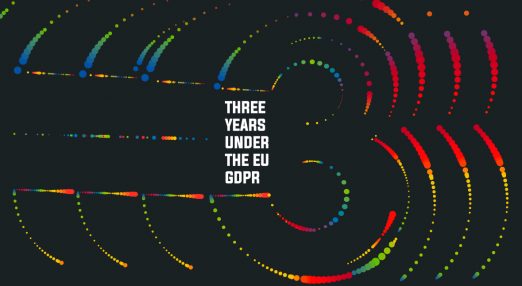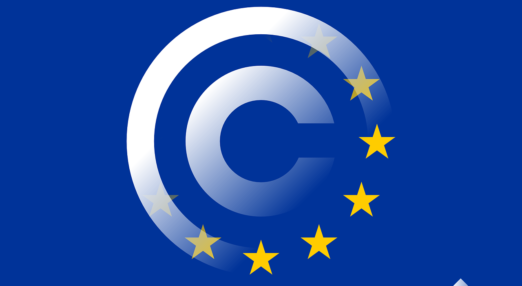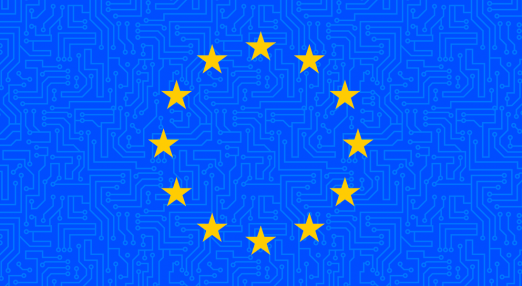Information democracy
Powerful companies and governments control the way the internet and new technologies are deployed. These actors blur the lines on corporate power in ways that have tremendous impact on people and democracies. The dominant business model of ‘Big tech’ platforms is based on surveillance, polarization and power imbalances. This ‘surveillance capitalism’ has had a global impact on democracy. For example, state and private actors can use the internet and technologies to spread political disinformation, to manipulate electoral results, to attack human rights defenders and to limit civic space.
Filter resources
-

European Commission ignores civil society concerns and sides with creative industries
Today is a sad day for Europe. Instead of listening to reason and arguments, the European Commission itself brought up in front of the CJEU, the backroom political influence of the entertainment industry has won once again. Clearly “earmarking” content means preferring the economic interests of a few powerful actors over the fundamental rights of a whole generation.
Read more
-

The urgent need to #reclaimyourface
The rise of automated video surveillance is often touted as a quick, easy, and efficient solution to complex societal problems. In reality, roll-outs of facial recognition and other biometric mass surveillance tools constitute a systematic invasion into people’s fundamental rights to privacy and data protection. Like with uses of toxic chemicals, these toxic uses of biometric surveillance technologies need to be banned across Europe.
Read more
-

New win against biometric mass surveillance in Germany
In November 2020, reporters at Netzpolitik.org revealed that the city of Karlsruhe wanted to establish a smart video surveillance system in the city centre. The plan involved an AI system that would analyse the behaviour of passers-by and automatically identify conspicuous behaviour. After the intervention of EDRi-member CCC the project was buried in May 2021.
Read more
-

Challenge against Clearview AI in Europe
This legal challenge relates to complaints filed with 5 European data protection authorities against Clearview AI, Inc. ("Clearview"), a facial recognition technology company building a gigantic database of faces.
Read more
-

EDRi-gram, 2 June 2021
The GDPR is still in its infancy, and while it is too soon to consider revisions to the law, EU regulators and decision-makers have the power to improve enforcement and fulfil its promise for vindicating data protection rights and spurring the development of privacy-protecting business models. The past three years hold important lessons for decision-makers and regulators to leverage to deliver on that promise. A lot is at stake.
Read more
-

Copyright Reform in Germany: Damage Reduction on Article 17
While waiting for the implementation guidelines from the European Commission and the CJEU ruling on whether upload filters are legal or not, some Member States are implementing the Directive. Germany has done some damage reduction in its implementation, according to former MEP and current GFF staff Felix Reda
Read more
-

From ‘trustworthy AI’ to curtailing harmful uses: EDRi’s impact on the proposed EU AI Act
Civil society has been the underdog in the European Union's (EU) negotiations on the artificial intelligence (AI) regulation. The goal of the regulation has been to create the conditions for AI to be developed and deployed across Europe, so any shift towards prioritising people’s safety, dignity and rights feels like a great achievement. Whilst a lot needs to happen to make this shift a reality in the final text, EDRi takes stock of it’s impact on the proposed Artificial Intelligence Act (AIA). EDRi and partners mobilised beyond organisations traditionally following digital initiatives managing to establish that some uses of AI are simply unacceptable.
Read more
-

EDRi-gram, 19 May 2021
The increasing use of facial recognition and other biometric surveillance technologies – on our streets, in train stations, at protests, at sports matches and even in our global ‘town square’, Facebook – means that our freedom to be anonymous in public spaces, our freedom to just be, really does face an existential threat. The mask is a symbol of resistance against the growing use of mass facial recognition. Get this symbolic merch and support the work EDRi does.
Read more
-

DSA Proposal: Recommendations for the EU Parliament and Council
The Digital Services Act (DSA) is a mixed bag with some promising proposals, shares EDRi's member Electronic Frontier Foundation (EFF). In their "Recommendations for the EU Parliament and Council", they take a closer look at the substance of the DSA proposal and propose concrete suggestions for improvements.
Read more
-

Can a COVID-19 face mask protect you from facial recognition technology too?
Mass facial recognition risks our collective futures and shapes us into fear-driven societies of suspicion. This got folks at EDRi and Privacy International brainstorming. Could the masks that we now wear to protect each other from Coronavirus also protect our anonymity, preventing the latest mass facial recognition systems from identifying us?
Read more
-

Four measures to limit the dominance of platforms like YouTube and Facebook
For our public debate, we are far too dependent on the whims of dominant companies such as Google and Facebook. The time is nigh for politicians to step in, and here are four measures they should take.
Read more
-

Initial wins in Italy just two months after the launch of Reclaim Your Face
Last week, the #ReclaimYourFace campaign reached two important milestones at the national level. On Friday April 16th the Italian Data Protection Authority (DPA) rejected the SARI Real Time facial recognition system acquired by the police saying that the system lacks a legal basis and, as designed, it would implement a form of mass surveillance.
Read more
